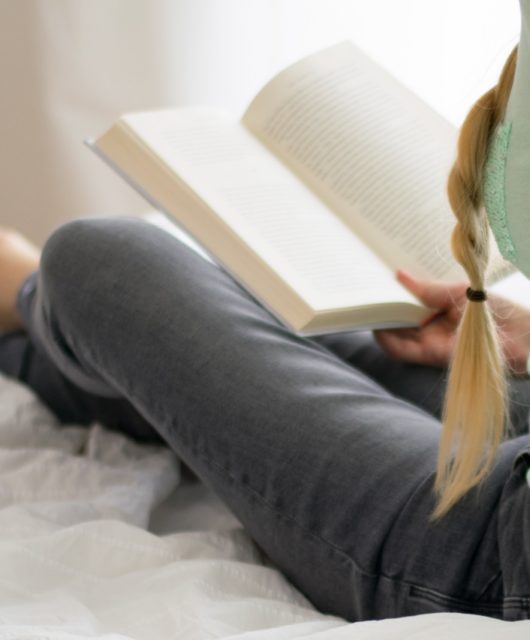What Is a Lullaby?
What is a lullaby? When you hear the word, you likely think of songs like “Hush, Little Baby” and Rock-a-bye, Baby.” In short, you think of soothing folk songs traditionally used to lull a baby to sleep. (Although probably not the real etymology of the word, it should not go unnoticed that the word “lullaby” is literally “lull” plus “baby,” with just one letter removed.)

Now, when you think of those lullabies your mom and dad used to sing to you when you were a child, how do you feel? Nostalgic? Wistful? Relaxed? Lullabies conjure up a sense of tenderness. And even though you are no longer a baby, you can still use that sense in your own life.
In recent years, psychologists have recognized the usefulness of childhood learning and therapeutic methods for the modern adult. One prominent example of this is the adult coloring book, which has become a popular meditative practice to combat anxiety and stress. Other toys like Play-Doh and Legos have been used for this purpose as well. So why not lullabies?

Why It Is So Hard to Sleep
Lullabies were invented to help get babies to sleep; but now more than ever, adults also need help getting to sleep. Doctors have identified a variety of reasons to explain the rise in insomnia. For one, many of us look at our screens (our phones, laptops or televisions — or some combination of the three) right before bed. The blue light emitted by those devices tricks our brains into thinking that it is still daytime, making it harder to get them to shut down for the night. This can be traced to less-than-normal release of melatonin, a crucial hormone in the sleep-wake cycle.
On the flipside, the pace of everyday life in this day and age has led many of us to deal with near-constant stress. When we are stressed before bedtime, our bodies release stress hormones like adrenaline and cortisol. These increase our heart rates, raise our blood pressure and increase the sugars in our bloodstreams (theoretically to prepare to fight the predator or whatever threat we are stressing about). These processes all have the effect of keeping us awake against our better wishes.

A Natural Solution
Instead of seeking out sleeping pills to combat these hormonal issues, it would be better to first look for a more natural remedy. A lullaby can be one such solution. A lullaby will calm you down, relax you and get your body and mind ready for a deep sleep. Several classical composers have written lullabies for this express purpose. In fact, most historians believe Johannes Brahms composed his most famous lullaby to help him nod off in the face of sleep apnea.
If Brahms could use a lullaby to relax at night, so can you. You have the ability to one-up the composer, however, with the use of modern technology. While Brahms could listen to music, you can listen to music while also enjoying the soothing effects of a massage. NAIPO makes many affordable at-home massagers, which have been proven to aid in stress reduction and in sleep. Imagine the double relief that can come from a massage while listening to the tender notes of a lullaby: You’ll sleep like a baby.









